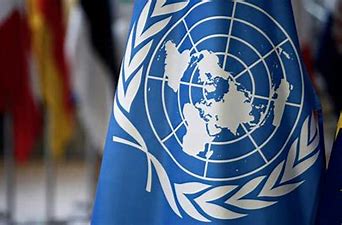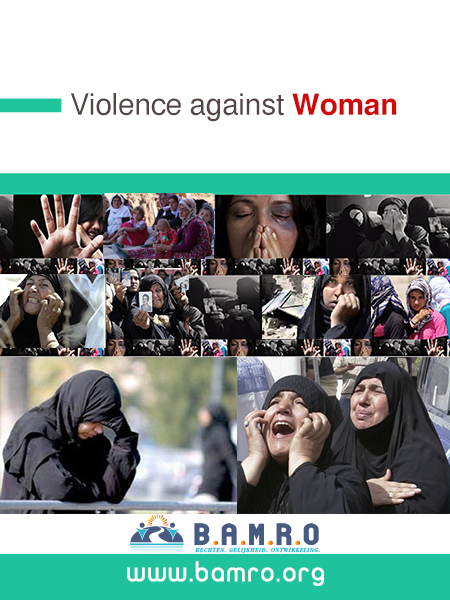Vote
-
For further training via the Zoom program or at our office? ?
Register a
Violation
We you
Contact youS.O.S.
0032 02 7322568
Human Rights Council to Hold its Forty-Sixth Regular Session from 22 February to 23 March 2022
Human Rights Council
BACKGROUND RELEASE
The United Nations Human Rights Council will hold its forty-sixth regular session from 22 February to 23 March 2021 at the Palais des Nations in Geneva. The Council's main annual session will start off with a high-level segment from 22 to 24 February, when dignitaries representing more than 130 countries will address the Council on their governments’ efforts to promote and protect human rights.
The session will open at 9 a.m. on Monday, 22 February under the presidency of Ambassador Nazhat Shameem Khan of Fiji. On this occasion, the Secretary-General of the United Nations, António Guterres; the President of the United Nations General Assembly, Volkan Bozkir; the United Nations High Commissioner for Human Rights, Michelle Bachelet; as well as the Chief of the Federal Department of Foreign Affairs of Switzerland, Ignazio Cassis, will deliver speeches before the Council. The Council will be meeting in the Assembly Hall, but most statements will be delivered virtually.
During the session, the Council will review reports on a wide range of human rights issues and will engage in over 30 interactive dialogues with human rights experts, groups and mechanisms concerning, among other issues, around 50 countries. It will hear the presentation of about 100 thematic and country reports on a wide range of issues, including the COVID-19 pandemic.
The Council will also hold an annual high-level panel discussion on human rights mainstreaming; its biennial high-level panel on death penalty; its annual full-day meeting on the rights of the child; its annual interactive debate on the rights of persons with disabilities; a meeting on the role of poverty alleviation in promoting and protecting human rights; and a debate on the mid-term review of the International Decade for People of African Descent. The final outcomes of the Universal Periodic Review of 14 States will also be considered and adopted, namely that of Andorra, Belarus, Bulgaria, Croatia, Honduras, Jamaica, Liberia, Libya, Malawi, Maldives, Marshall Islands, Mongolia, Panama, and the United States.
Listings
- 1
- 2
- 3
- 4
- 5









